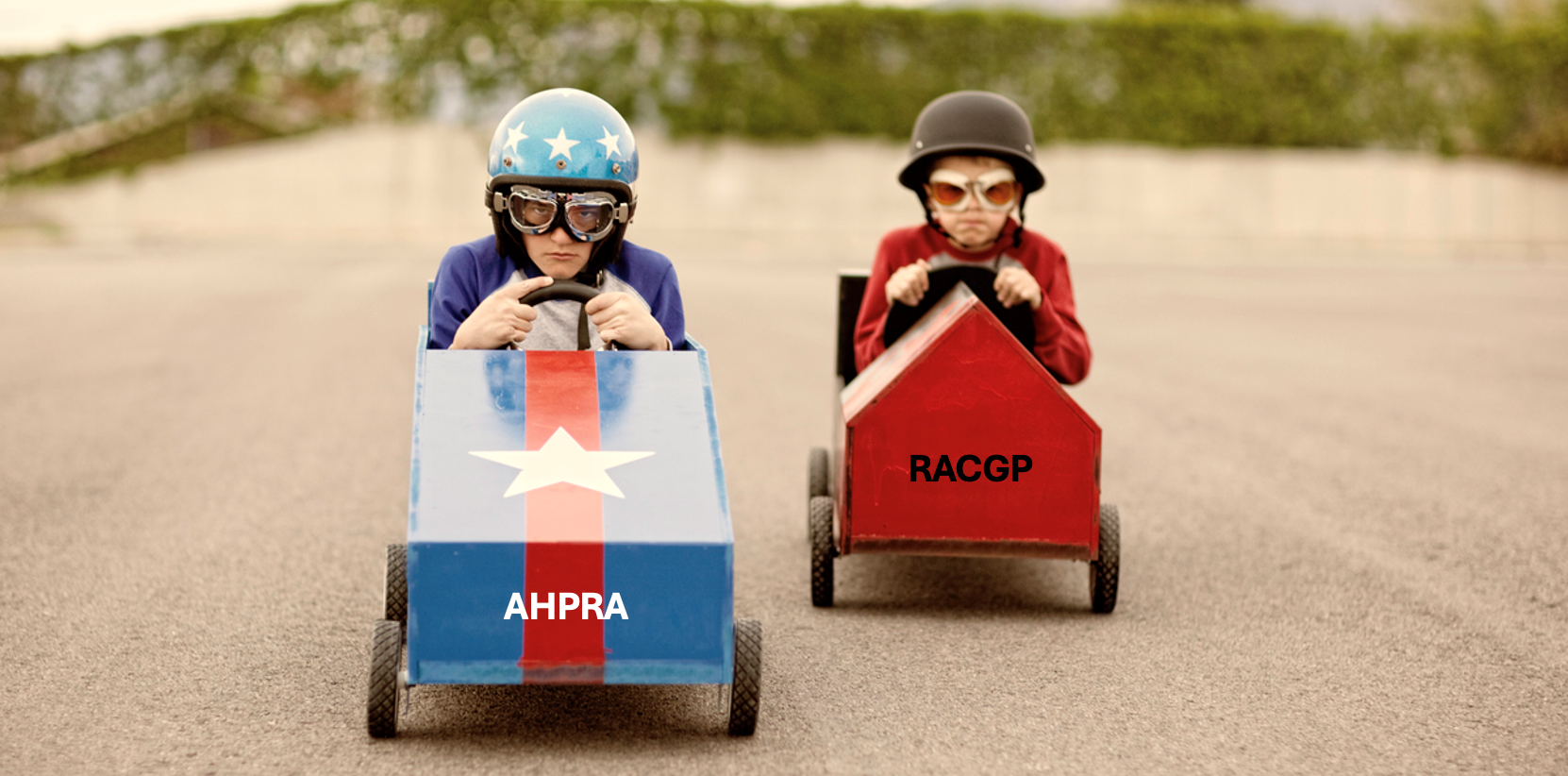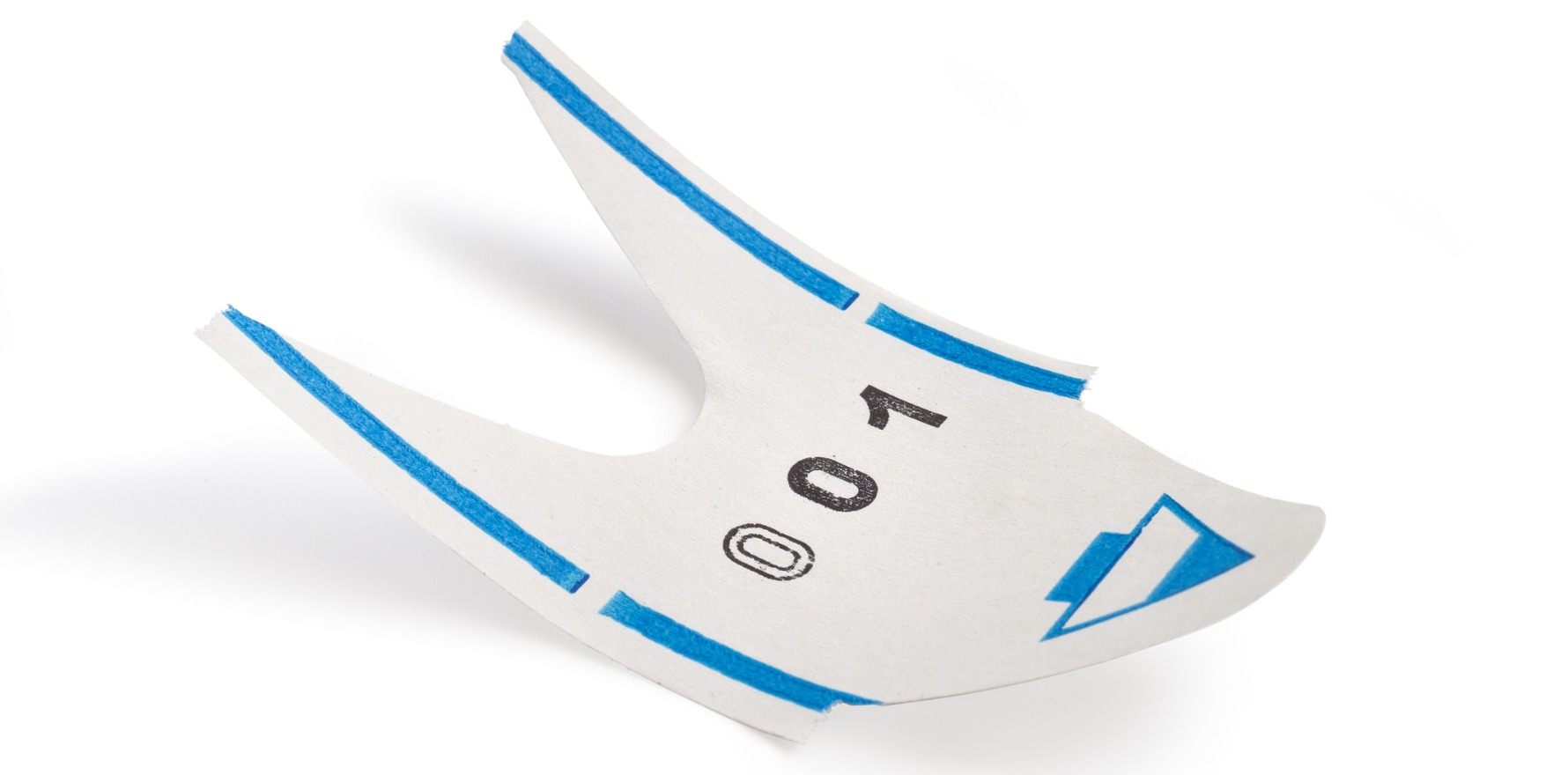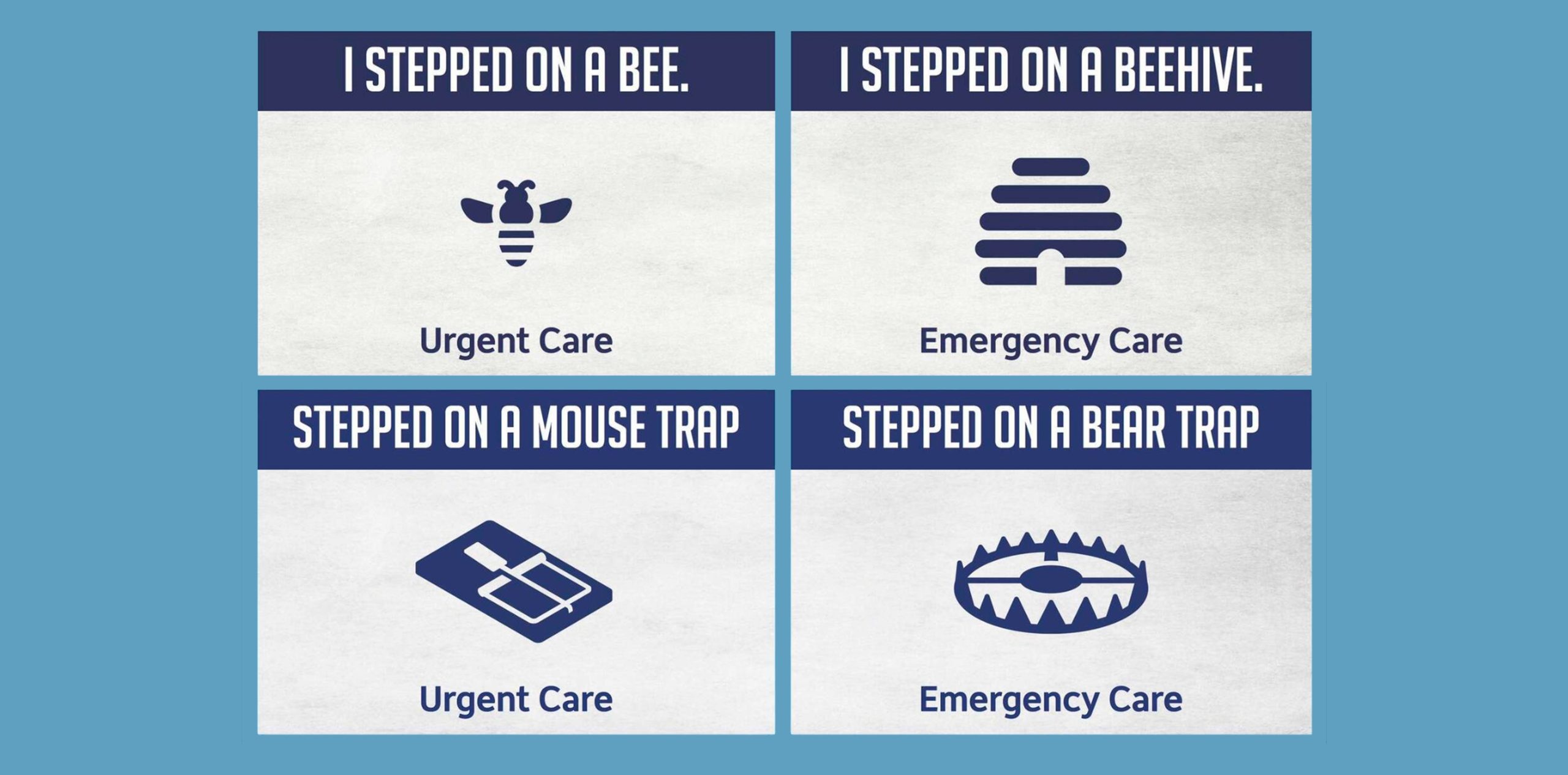The ramifications of the RACGP losing control over large swathes of overseas trained GPs are likely much bigger than potentially losing $5-6m in recurring annual revenue.
A couple of weeks ago I questioned whether the RACGP was potentially flying too close to the sun by running unnecessarily adversarial, and at times spurious, narratives on certain government initiatives.
Might too much grandstanding push the government to more substantively walk away from meaningful engagement with the college?
This week we may have the answer to that question in the move by AHPRA to bypass the college entirely as far as specialist GP registrations are concerned for any applicant coming from New Zealand, the UK and Ireland.
As far as doctors from a country whose training and education we recognise as being substantively similar to ours – also with a GP specialist qualification – are concerned, the UK, New Zealand and Ireland represent the vast majority.
In 2023 the RACGP took in a total of 337 specialist registered GPs from overseas, of which about 315 – or 93% – came from the UK, Ireland and New Zealand. The vast majority – about 300 or 89% – came from the UK.
What does the RACGP lose if they lose this cohort of potential new members each year?
In short, a lot of money, but potentially over time, more in reputation and influence.
Let’s start with the money.
Prior to the AHPRA fast-track registration program announced earlier this week and starting as soon as 21 October, all 337 overseas qualified GPs had, as a minimum, to pay the college the following:
- $575 for a comparability application (so the college can compare their qualifications … which they can reject for the PEP pathway if they aren’t up to snuff);
- $11,900 for the Practice Experience Program (PEP) fee (everyone does this);
- RACGP annual membership fee – north of $1700 now (new rates not up yet) or about $1000 depending on your yearly earnings (both will be an ongoing revenue stream).
According to RACGP president Nicole Higgins, about 20% of doctors from countries with substantially similar education systems – so 63 out of 315 if we assume that the only comparable countries are Ireland, the UK and New Zealand – required “extra education and professional support”.
One way of reading this is that they, along with the 22 other doctors on the PEP pathway who are from other countries, would be assessed as “partially comparable” instead.
Doctors who are assessed as being partially comparable to an Australian GP have to pay the following on top of the above fees:
- $300 per year for a “post education administrative support fee”;
- $10,335 for the Applied Knowledge Test (AKT), the Key Feature Problem (KFP) and the Clinical Competency Exams (CCE) – but if you fail you have to go again so that’s more money.
Doing some rough maths on all of that, if the RACGP loses all 337 IMGs to the AHPRA fast track going forward then they will be short about $5 million in one year, give or take. Assuming that this many new IMG GPs go AWOL each year, moving forward then that $5 million is annualised from now.
It’s probably worse though because this doesn’t account for the lifetime value of the 337 annual membership fees that would be foregone and which would compound each year, any revenue for partially comparable applicants who fail their exams and have to do them again and all that member CPD revenue that the college would also have been able to extract from all their new IMG GP members.
The other factor you might add into your modelling – and you have to think that the government might have thought about this when it made its decision – is that the before and after costs of the fast-track decision, for anyone in the UK thinking of hopping the A380 to Oz to try their hand at GPing over here, is now very stark.
Where you were once up for at least $15,000 in up-front cost and potentially as much as $23,685, now you’re only up for about $2000 in APHRA registration and processing fees to get started on your new life as a GP in Australia.
That difference might immediately encourage a jump in applicants, which the college will no longer likely get as members either.
If you’re wondering what sort of financial impact that loss of revenue might have on the college moving forward here’s a little context, but in summary it’s almost certainly, “quite a lot”.
In 2023 the college had revenues of $192 million and a loss of $4.9 million. It was an unusual year though because it commenced managing all GP training on 1 February 2023.
The transition to managing GP training has been a massive task, but looking back at how much integration of nine separate RTOs the organisation managed to do reasonably seamlessly in the very short amount of time given to them, it so far looks like the college may have done an amazing job.
But there are lot of big moving parts that need to wash through the financials before we know that for sure.
To do the training the government granted the college $43.6 million in 2023, but it also gave them a one-off transition payment of $20.1 million.
If you think about that $20.1 million disappearing largely this year from the revenue line moving forward, and then start adding that $5-6 million that it looks like the college just lost in revenue as a result of AHPRA’s fast-track decision, you might be nervous if you were the board or the CFO. Keep an eye out for the upcoming annual report, due in early November for some hints on where things might be heading.
The college took significant action on costs in March last year and even forecast its 2023 financial loss with a plan to recover, but none of that contemplated the possible ongoing loss of $5-6 million in IMG revenue.
Now to the non-monetary implications of the AHPRA decision. The financial impact of the IMG fast-track decision is almost certainly not the biggest issue for the college.
The organisation has sensibly squirrelled away quite a bit of money in a reserve fund for such unforeseen trading issues and has a lot of property it can sell if it really hits rough waters, so given time to do more restructuring, it should be fine.
The real elephant that might have just entered the RACGP boardroom is, why the government decided to cut them away so substantively and aggressively from not only so much ongoing revenue, but from all the power and influence the college could lose moving forward by them no longer pulling all those UK, Irish and New Zealander GPs into their fold.
Over time, the loss of this source of members could build into quite a big hole for the college as far as power and influence is concerned.
Did the government contemplate this when making its fast-track IMG decision? Has it made a conscious decision to cancel the college’s “all access” pass to getting inside that tent where it is currently designing and implementing the biggest changes to our healthcare system and Medicare in a generation?
One hopes not, because that definitely would not be good for members. GPs are the major pivot for all those government plans to shift system focus to far better management of chronic care out in the community.
Related
I have, of course, made quite a big assumption in all this thinking that some (most of the board almost certainly) might feel is a grossly incorrect one: that the college will fail to lure any substantive proportion of those overseas trained GPs to join the organisation now that doing PEP and joining isn’t a mandatory requirement to become a GP here.
Admittedly, this is a pretty big unknown.
I’m going to say a big and scary unknown because it’s a test of value proposition that the college has never really been faced with before.
If you take away what is effectively a government-mandated monopoly – duopoly, technically (sorry ACRRM, you are just 10% the equation) – that if you want to be a GP in Australia you can only do that if you go through the college – either if you’re Australian you need to train with a specialist college, or if you’re an IMG you must do PEP with the college – then for maybe the first time ever, the college would need to genuinely have a good enough value proposition for all those overseas-trained GPs from the UK, Ireland and New Zealand to sign on.
The other monopoly position that has recently disappeared from the college, weakening its hold even further, is CPD. This initiative also was masterminded by the Medical Board of Australia, the government and AHPRA.
When you look at the order of things – first CPD, now IMGs – you do sort of wonder if there wasn’t a long-term plan here as far as the government and the college was concerned.
So you don’t need to join the college, or stay with the college, for CPD anymore, and you don’t need to join if you are an overseas-trained GP from Ireland, the UK or New Zealand.
In both cases above, GPs deciding to not join the college are going to save themselves a lot of money by not doing so.
Does the college have a good enough value proposition to acquire these GPs as members if the government isn’t in effect forcing them to join anymore?
Someone I spoke to this week quipped to me about this situation:
“It does make you wonder if we aren’t going to have a third wheel in GP Land in the not-too-distant future … not the college and not ACRRM either. A new band of VR GPs wandering around looking for a club of their own.
“I wonder if they might not form their own organisation which will be pretty simple, not do any training probably, but maybe offer good inexpensive CPD as well as some form of alternative advocacy and collegiality over time?
“You could call it ‘the Royal Australian College of not the RACGP’.”





